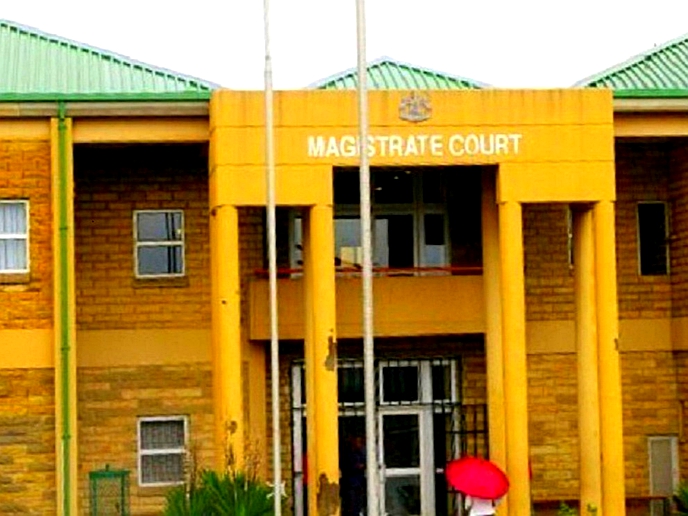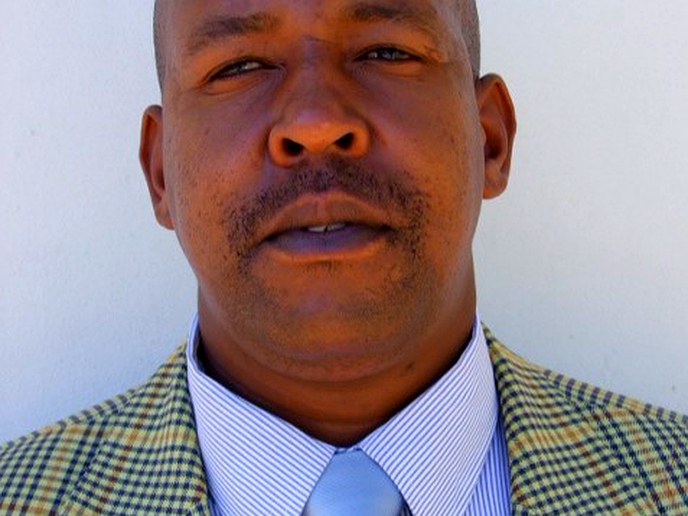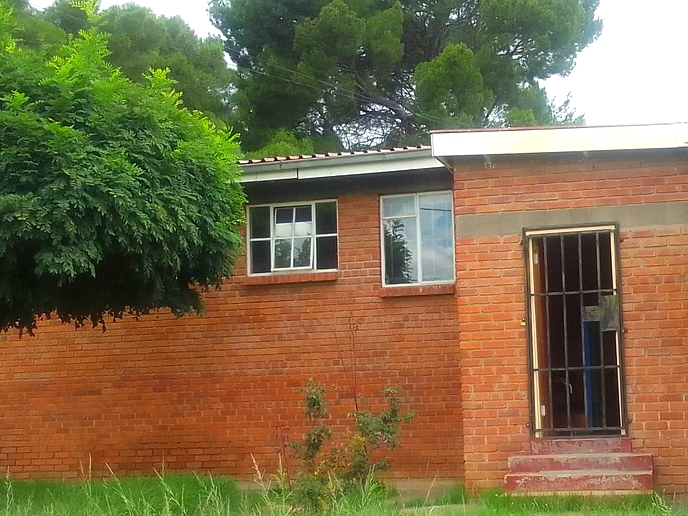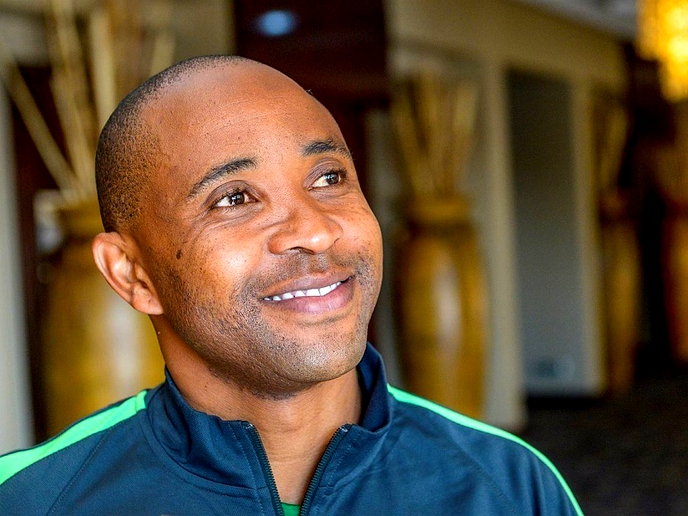KENNETH Kaunda, Zambia's first president and one of the last of the generation of African leaders who fought colonialism, has died aged 97.
news
June 18, 2021
STAFF REPORTER
5 min read
Kenneth Kaunda: Zambia's first president dies aged 97
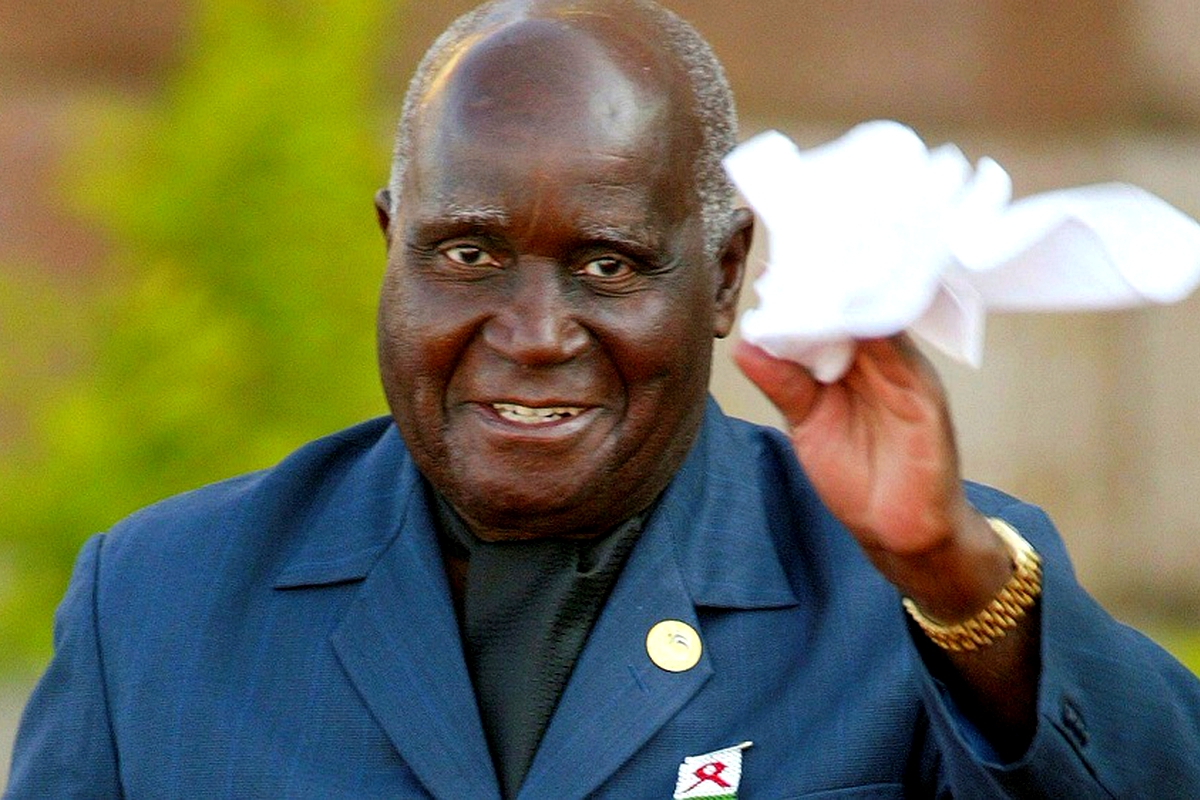
The late former Zambian President Kenneth Kaunda
Kaunda was admitted to a military hospital in the capital, Lusaka, on Monday suffering from pneumonia. His aides said he did not have COVID-19.
In the 1950s, Kaunda was a key figure in what was then Northern Rhodesia's independence movement from Britain.
He became president following independence in 1964.
As head of the left-leaning United National Independence Party (UNIP), Kaunda then led the country through decades of one-party rule.
He stepped down after losing multi-party elections in 1991.
"I am sad to inform we have lost Mzee," Kaunda's son, Kambarage, wrote on his late father's Facebook page, using a term of respect. "Let's pray for him."
Zambian President Edgar Lungu said the country was mourning "a true African icon".
"I learnt of your passing this afternoon with great sadness," he wrote on Facebook.
"On behalf of the entire nation and on my own behalf I pray that the entire Kaunda family is comforted as we mourn our first president and true African icon."
The government declared three weeks of national mourning with all forms of entertainment suspended.
The Nelson Mandela Foundation said Kaunda's contribution to the struggle against colonialism and apartheid would not be forgotten.
Another tribute came from Kalusha Bwalya, former captain of the Zambian national football team, who said Kaunda had made "an immense impact".
“Goodbye to you President Kenneth Kaunda. I am and will always be a proud member of the “KK11”. Dignity & honour. May your dear soul soul rest in eternal peace, knowing the immense impact you made on all of us Zambians, Africans and the world at large. Sincerest condolences to family.”
Kaunda - popularly known as KK - was a strong supporter of efforts to end apartheid in South Africa. He was also a leading supporter of liberation movements in Mozambique and what is now Zimbabwe.
In later life, Kaunda turned his attention to the fight against HIV after one of his sons, Masuzyo, died from an Aids-related disease.
"We fought colonialism. We must now use the same zeal to fight Aids, which threatens to wipe out Africa," he told Reuters in 2002.
Kaunda, the youngest of eight children, was a school teacher before joining the independence struggle.
This is when he became known for his guitar playing, composing liberation songs and travelling the country to drum up support for the campaign against colonial rule.
He went on to become Zambia's founding president at the age of 40.
His wish, he said, was for Zambians to have an egg on their table for breakfast every morning, a pint of milk - and for every Zambian to have a pair of shoes on their feet.
Enjoy our daily newsletter from today
Access exclusive newsletters, along with previews of new media releases.
During his presidency he was a fierce critic of apartheid South Africa and white-minority rule in Rhodesia, now Zimbabwe - and he allowed groups fighting these regimes, like the African National Congress (ANC), to make Zambia their base.
To begin with he made huge strides towards improving the lot of Zambians, but betrayed the promise of democracy by introducing a one-party state in 1973.
Mr Kaunda was the only candidate in elections in 1978, 1983 and 1987 - scoring more than 80% of the vote each time.
He must have been too embarrassed to register 100%.
Even within his own party, he changed the rules to keep getting selected as the only candidate.
Eventually, Zambians felt Mr Kaunda had overstayed his time in office and voted him out in 1991 after mass protests forced him to reintroduce multi-party elections.
In the three decades since the rush and joy of independence, the continent had become awash with dictatorships - which may explain why some of its post-colonial leaders are no longer remembered by a younger generation.
Some were assassinated or deposed in coups, others had forgotten the dreams of people and the promises made to them.
Africa still has leaders who have been in power for more than 20 or 30 years.
Some have been in power for almost 40 years, like Cameroon's President Paul Biya. He is only the second president Cameroon has had since independence from France in the 1960s.
Perhaps it is because of this legacy that men who should be lionised are largely forgotten. BBC NEWS
Tailored for you



